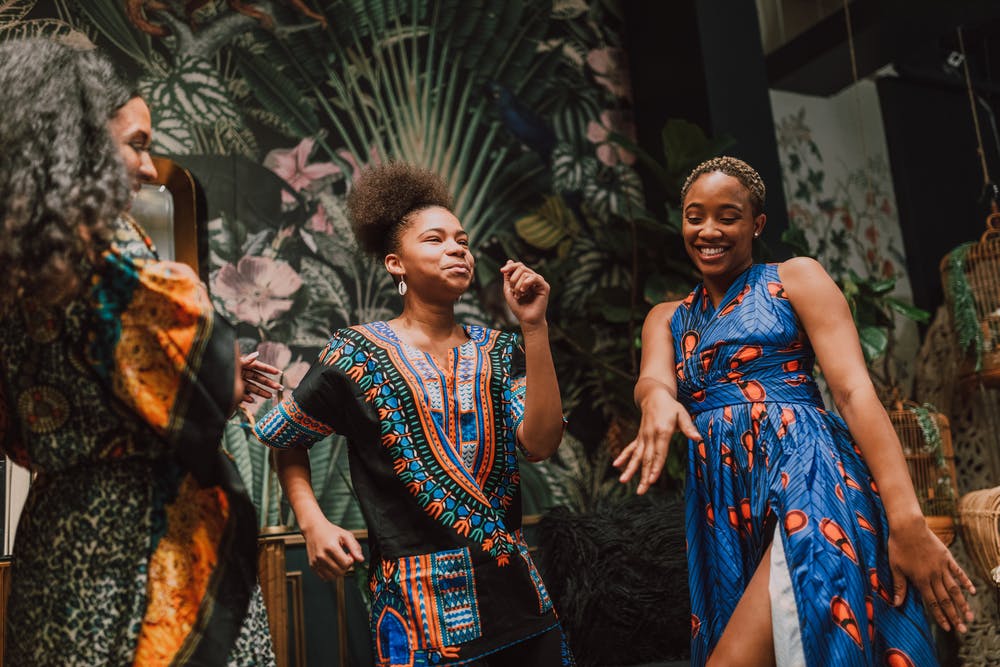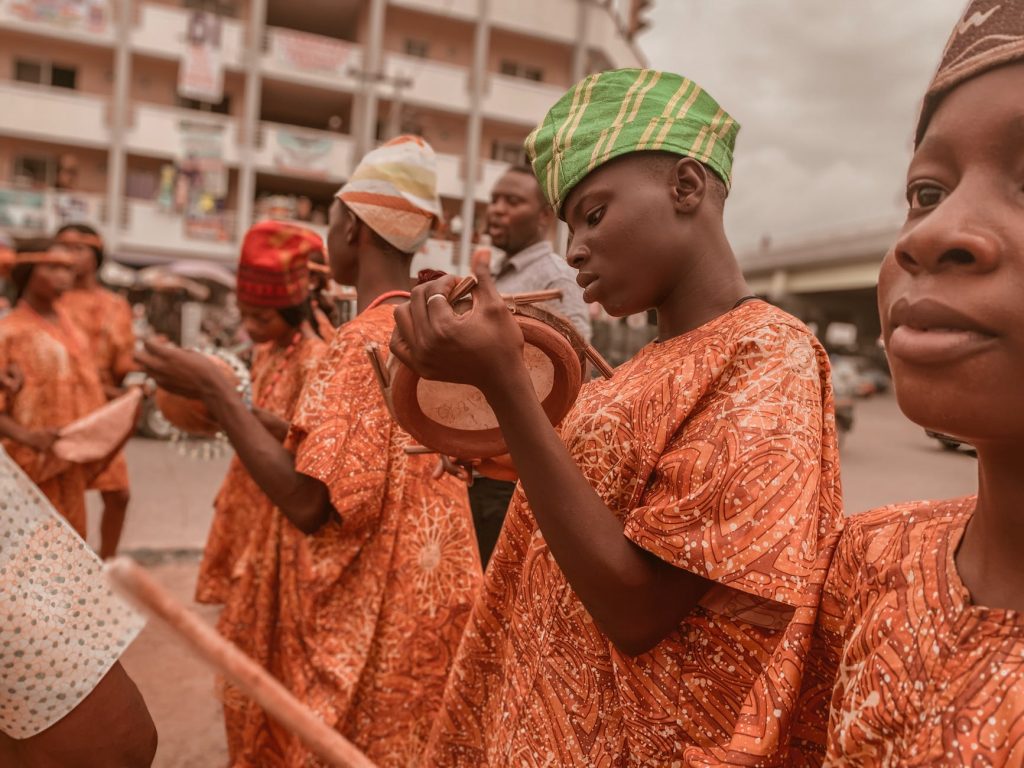What is Rites?
Rites is a life-changing process grounded in traditional Afrikan values.
A rite of passage is a ceremony and marks the transition from one phase of life to another. Although it is often used to describe the tumultuous transition from adolescence to adulthood, it does refer to any of life’s transitions, such as Births and Beginnings, Initiations, Partnering, and Endings or Death). There are many passages in our lives if we choose to mark and celebrate them.


Rites Builds Community Awareness and Unity
In traditional African society, individual and group responsibilities are viewed as mutually dependent because they did not view themselves as isolated entities but rather, part of an extended family of initiates and mentors.
In the African-centered rites of passage emphasis is placed on the principle of unity – “Umoja”. Umoja (unity) is the first principle of Kwanzaa: it teaches us to strive for and maintain unity in the family, community nation and race. We are a communal people and traditionally we believe that, spiritually and culturally all people of African ancestry are family. This is why we refer to each other as brothers and sisters.
Gives a sense of belonging
During adolescence, peer relationship become increasingly important and during the teen years, peer acceptance take precedence over adult approval.
Teens need to belong; this desire to belong puts them at a greater risk of giving in to negative peer pressure. The African-centered rites of passage process meet their need by providing a structured, positive peer group to belong to.
